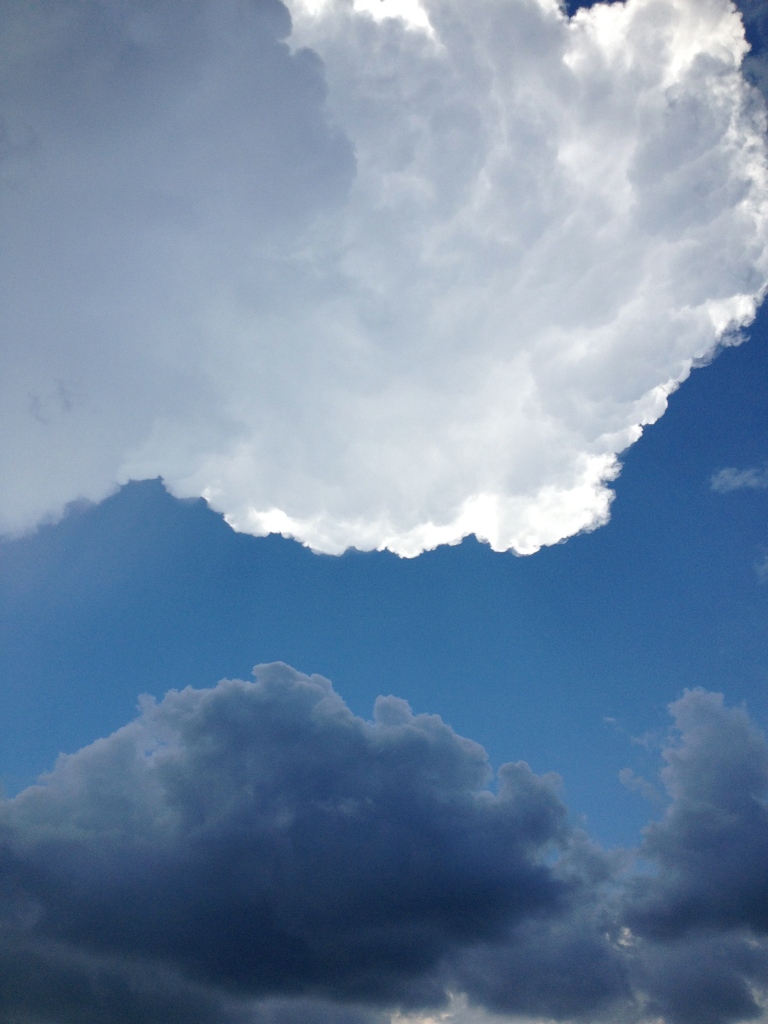I’m an addict. It runs in the family. My addiction, though, is learning new things. Research, it seems, comes naturally to some and not to others. Like any other activity, some people love it and others, well, don’t. I think I knew this about my young self, but I didn’t have any context in which to frame it. Jobs were seen as a kind of necessary evil—you had to do something so someone would pay you and you could buy food and pay the rent. Nobody in my family could say, hey, that research interest of yours could become a career. The impetus for even going to college came from a minister who changed my life in many ways, and his encouragement was seconded by several of my teachers. Many of those I went to school with just stayed in the area and found jobs.
So I get onto a topic and begin to research it. You soon come to know what Lewis Carroll meant about tumbling down rabbit holes. It leads to Wonderland. Always I’m surprised at how little I know. I’ve learned some new things and that which I thought I knew proves to have been so minuscule that I wonder at my boldness of even trying to write books. I guess I believe in giving back. The other day someone asked me to write a follow-up to Weathering the Psalms. As I told him, that was my plan when I was employed as a researcher. What happened to my “career” led to my renewed interest in horror. It just made sense in the light of circumstances. When that happens, what can you do? Research it.
There’s a sense, I suppose, in which you end up where you’re meant to be. If I’d stayed in higher education I’d have had precious little motivation to write about horror and religion. I had three or four vital research agendas, depending on where I might end up. I’d have been happy to stay with my semitic goddesses. I had a second book on that topic well underway. Fully employed with an optimistic future, I’d given up watching horror. So much so that I ignored The X-Files when it was running. So the addiction changes specifics over time, but the drive to learn more underlies it. Even this morning I learned some mind-expanding things, for me at least. And I know I will keep coming back although it may cause problems for my career and it gets me nowhere in the larger scheme of things. I’m helpless when I know my fix is as close as a book.
















